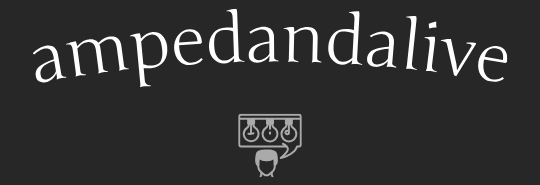Creating a “Social Event”
Now more than ever, meeting, and conference planners are integrating social media into their events. Social media has created an environment where events are becoming in a sense “more social”, where interaction occurs not only during the event, but before it begins and even after it ends. This provides a higher ROI not only for the organizer (in promoting the event) but also for the attendees (networking & business connections). Here are some ways to create a “social event”.
Before The Event
Generating Buzz
Before your event begins you want to let people know your event exists. The best way to do that is by generating buzz. A few ways to do this are to create event pages on social media networks such as Facebook and LinkedIn.
Encourage attendees to join by promoting a sweepstakes where a prize is given to one or more random attendee that “joins” the event. These sweepstakes can be extended onto Twitter as well, where you can ask attendees to tweet about the event. Create a twitter hashtag to easily monitor comments about your event. Note: be sure to read the promotion policies on the social platform you decide to engage in.
Creating these social networking event pages not only benefits you as an event holder but the attendees as well, as this will notify them of others attending the event. Also, when the event ends, they can then check these pages again to find contact information to reach out to someone they met at the event.
Involve the Attendees
The whole point of a “social event” is to essentially be “social”. Engage with the attendees before the event begins. For example, ask them to vote on who they want to speak at the event, what snacks or refreshments they prefer, or even the location they want the event to be held at, etc.
There are many websites out there that offer polling, but why give your attendees more work when they can just vote on the social media platform you’ve already established for your event? LinkedIn offers a built-in polling system while Facebook requires you to install an app to your profile.
During The Event
You can further involve your attendees by taking questions from Twitter posts that include your event hashtag. If you aren’t taking questions, continue to monitor the hashtag regardless and see what your attendees are saying about the event. Don’t be afraid to reply to tweets!
Upload short clips and pictures from your event as it happens using Twitpic and Twitvid. This will allow you and your attendees to engage in a dialogue about the event as it occurs. It could also bring about the potential of engaging with people who couldn’t make it to the event or even generate interest in those who might want to attend next time.
After The Event
When the event ends, you will want to follow up with your attendees. You can either contact them individually or if you want to continue to be “social”, start a discussion on Facebook or LinkedIn to involve everyone. Ask for feedback, such as what their favourite part of the event was, what are some areas of improvement, etc.
